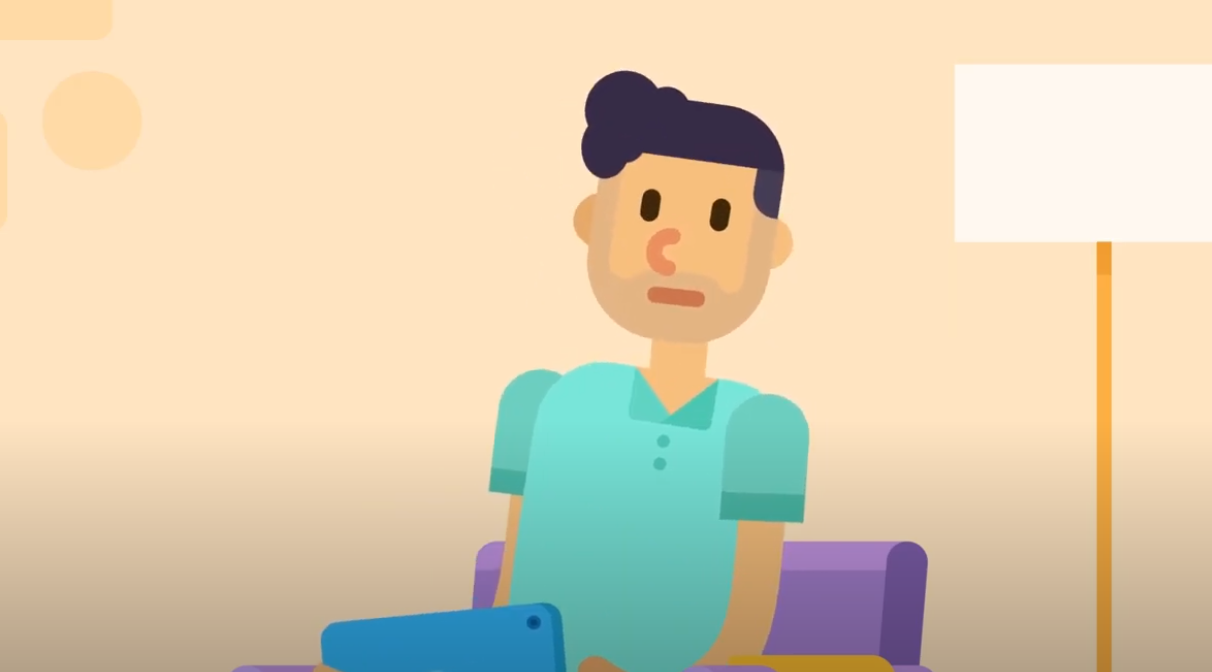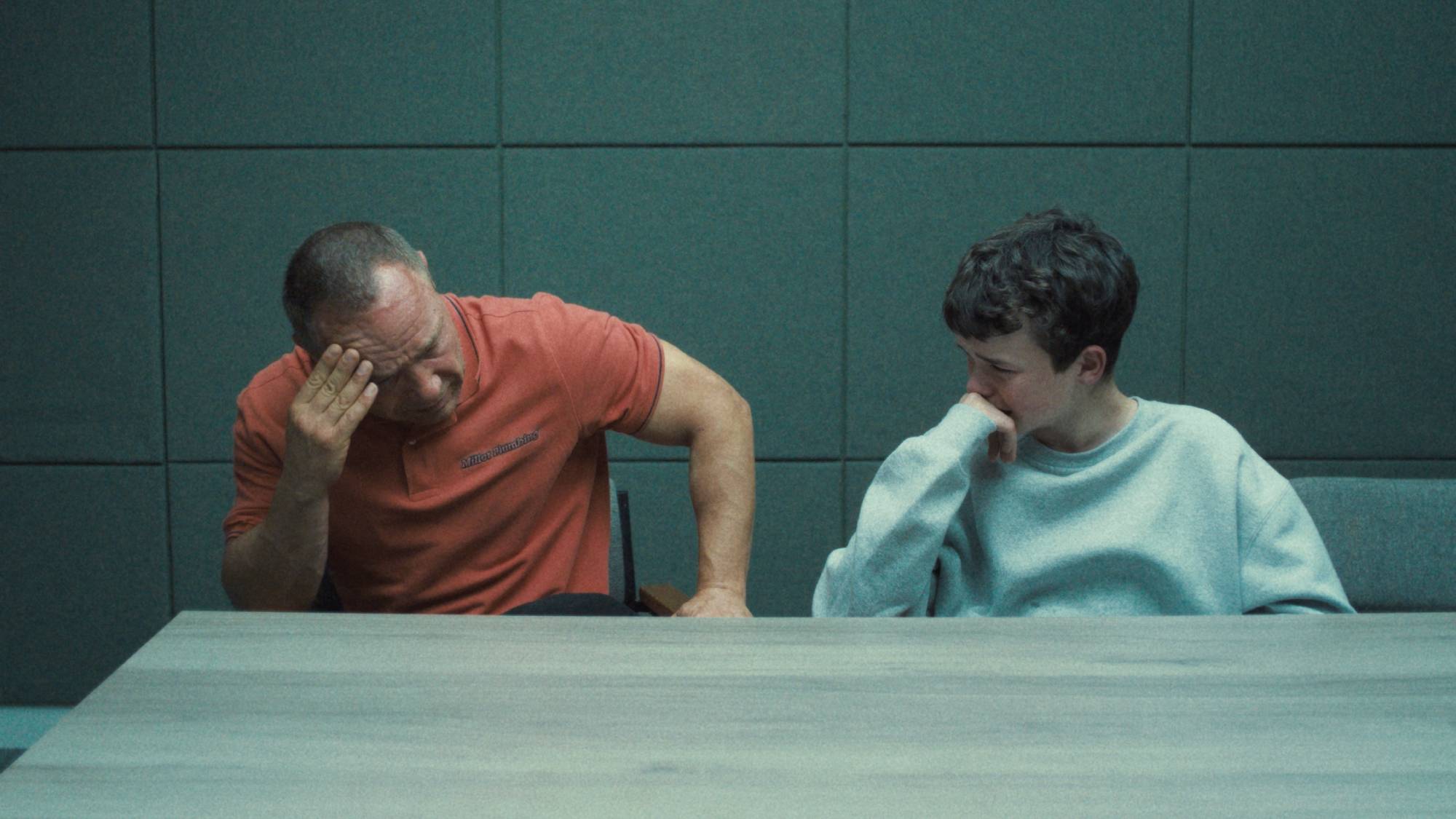Why complacency is a hacker's best friend

The incident that recently occurred with Microsoft Exchange is, at the time of writing, the worst cyberattack of 2021. It may well be one of the worst of all time, with as many as 60,000 systems potentially affected. The most troubling thing about the vulnerabilities and the spate of exploits targeting them is neither the scope nor the damage they caused.
Rather, it's the fact that this could have been easily prevented.
Microsoft knew about the vulnerabilities that enabled the hack months in advance. Researchers told the company of the existence of multiple zero-day exploits, and were explicit about their severity. In response, Microsoft decided to sit on its hands.
To be fair, Microsoft is far from alone here. It seems these days as though almost every major business, software vendor or otherwise, has taken an incredibly lax approach to cybersecurity. Consequently, the majority of hacks and breaches we've heard about in the past year and a half were either executed as a result of some baffling security shortcoming, or revealed one.
You get the idea. The fact is that for every highly-skilled state-sponsored black hat, there are probably ten to twenty crooks who are just looking to make a quick buck. They aren't interested in cracking through sophisticated firewalls or systems, nor do they generally want to spend hours analyzing a potential victim.

They want to take the shotgun approach. Attack the same vulnerabilities on as large a scale as possible with the hopes that somewhere, something will make it through. In other words, they're looking to take the path of least resistance.
Now, up to this point we've mostly talked about businesses. Don't let that lull you into a false sense of security. Although you aren't likely to be the victim of a targeted attack like a business, you're still every bit as likely to get hoovered up by a hacker who's just hurling things at the wall and seeing what sticks.
If it helps, consider the following analogy. There are two homes of equal value, side by side. Both homeowners have gone away on vacation. The homeowner on the right has a top-of-the-line security system, has asked some of her neighbors to watch her house, and has made sure every door and window is locked tight.
The other homeowner just left. He's halfway to the airport when he realizes he left one of his windows open. He figures it's no big deal, and continues on his way.

Which of the two homes do you think is more likely to be burglarized? The one that's well-protected and watched by multiple people, or the one that literally hasn't even closed all its windows? The answer to that should be obvious.
The idea is that you want to make yourself like the first homeowner. You want hackers to look at you and ultimately decide you aren't worth the effort as a target. That might not deter a few especially determined souls, but for the most part, it will be more than enough to keep you safe.
But what exactly is involved in killing your cybersecurity complacency?
As you can see, a lot of what's involved in proactive cybersecurity involves your own behavior. That isn't to say that your toolkit doesn't matter, though. On the contrary, it's absolutely crucial that you choose the right security software.

And that's where Bitdefender Total Security comes in. From advanced network monitoring to real-time data protection, it's a top to bottom solution for all your cybersecurity needs. Better yet, Bitdefender's currently in the midst of a massive sale, offering a discount of up to 50%.
In short, you're getting one of the best platforms for protecting yourself online, and you're getting it at an unbeatable price — what's not to love?
Sign up to get the BEST of Tom's Guide direct to your inbox.
Get instant access to breaking news, the hottest reviews, great deals and helpful tips.
